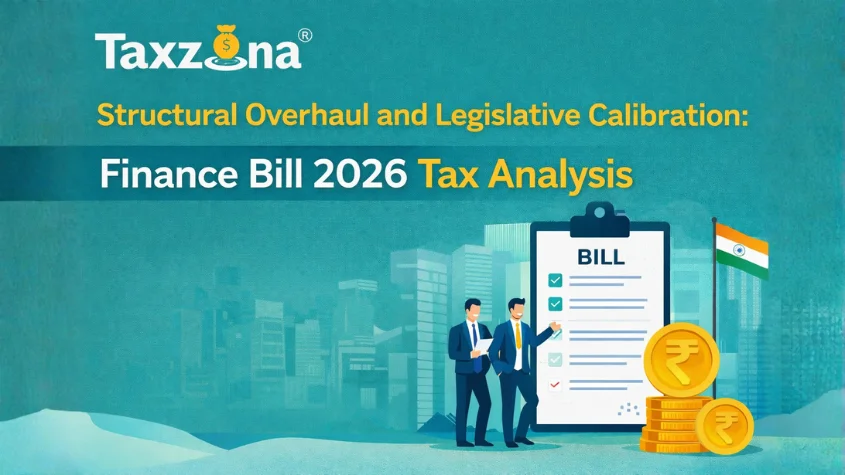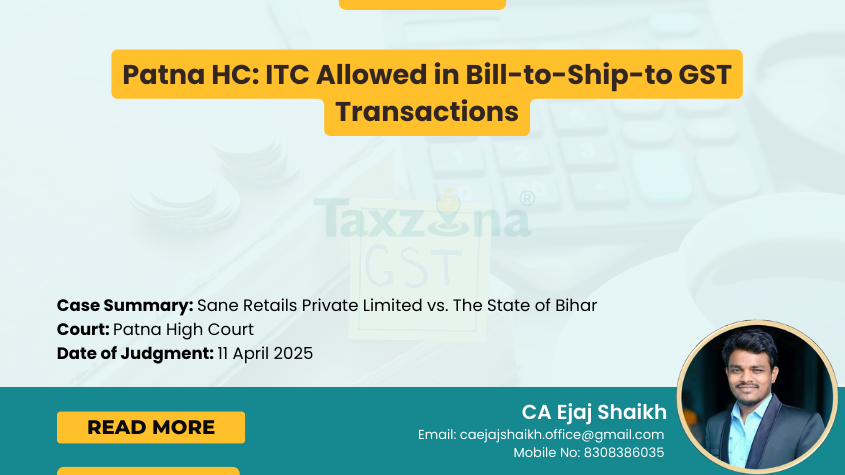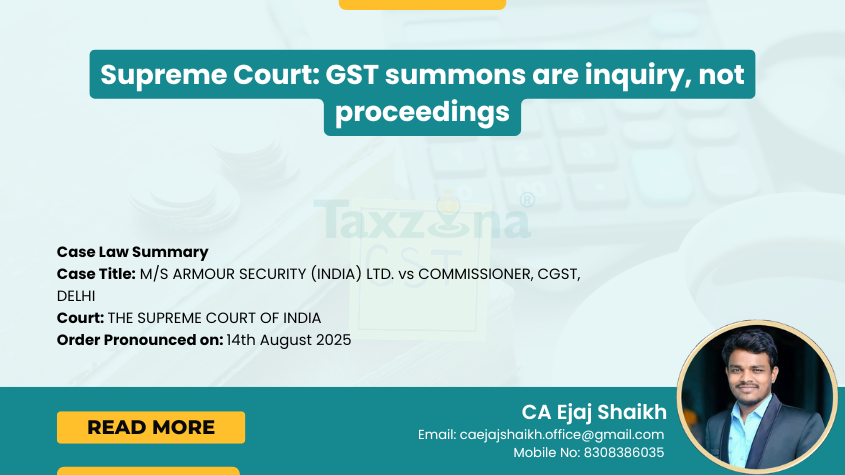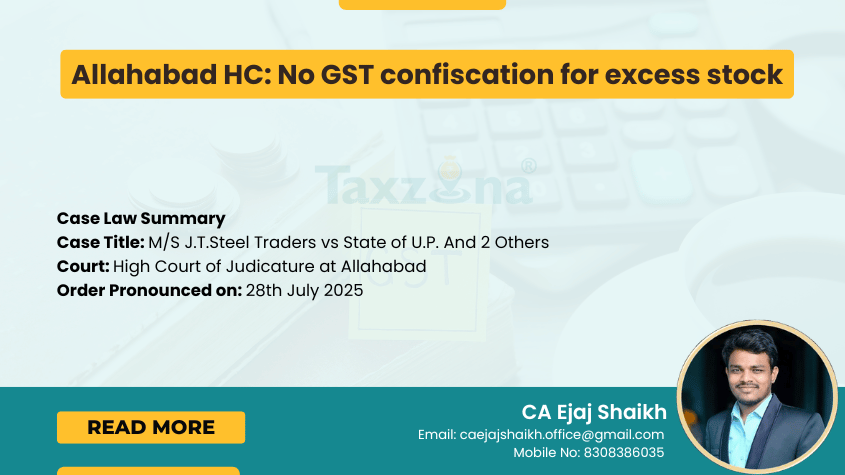
Patna HC: ITC Allowed in Bill-to-Ship-to GST Transactions

1. Issue Involved
Whether Input Tax Credit (ITC) under Section 16(2)(b) of the CGST/BGST Act, 2017 can be denied on the ground that physical receipt of goods by the registered person (dealer) did not occur, even though:
- The supplier delivered the goods directly to the end customer on the instructions of the dealer, and
- The tax was duly paid by the supplier to the Government.
Facts of the Case
- The petitioners were registered dealers engaged in the trading of various goods (e.g., electronics, lifestyle products) in Bihar.
- Goods purchased by the petitioners from suppliers were not physically received at their business premises.
- Instead, the suppliers delivered the goods directly to the end consumers upon the instruction of the petitioners.
- The entire output tax liability was discharged using ITC, with no cash payments made into the electronic cash ledger.
- The Deputy Commissioner of State Tax (DCST) rejected the ITC claim, citing non-receipt of goods.
- Appeals to the Additional Commissioner of State Tax (Appeal) were dismissed.
- Petitioners filed writ petitions before the Patna High Court challenging these orders.


3. Observations of the Court
- The Court acknowledged that Section 16(2)(b) requires the recipient to “receive the goods or services or both”.
- It examined the Explanation to Section 16(2)(b), which includes deemed receipt when goods are delivered to another person on the direction of the registered person.
- The petitioners’ model was found consistent with “bill-to-ship-to” transactions.
The Court noted:
- GST was paid by the dealer to the supplier.
- The supplier deposited the tax with the Government.
- There was no allegation of bogus invoices or tax evasion.
- The Court emphasised that physical receipt is not mandatory when constructive delivery (e.g., to end customers) is documented.
- Authorities failed to appreciate the legal effect of this business model and supporting GST circulars.
4. Judgment of the Court
The Court held that mere absence of physical receipt of goods at the dealer’s premises does not justify denial of ITC when:
- Goods were delivered on the dealer’s instruction to the end consumer,
- There was proof of payment to the supplier, and
- The supplier discharged the tax liability.
Accordingly, the impugned orders rejecting ITC were set aside, and the writ petitions were allowed.
5. Case References Cited by the Court
- Circular No. 241/35/2024-GST dated 31.12.2024 – Clarifies that direct delivery to end customers on dealer instruction qualifies for ITC.
- Rule 36 of CGST Rules – Pertains to documentary requirements for availing ITC.
- Circular No. 3/1/2018-IGST & Circular No. 61/35/2018-GST – Clarify movement and storage rules.
Cited by Respondents:
- State of Karnataka vs. Ecom Gill Trading Pvt. Ltd. (2023 SCC OnLine SC 248)
- Aastha Enterprises vs. State of Bihar – Denial of ITC due to the seller not depositing GST.
- SAJ Food Products Pvt. Ltd. vs. State of Bihar – On movement of goods and invoice validation.
The court distinguished the above cases on facts and legal applicability.
6. Key Learnings from the Judgment
- Constructive receipt of goods through “bill-to-ship-to” models is valid under GST law.
- ITC cannot be denied solely for non-physical receipt of goods when documentation is complete and tax compliance is evident.
- Explanation to Section 16(2)(b) and relevant circulars play a critical role in interpreting ITC eligibility.
- Businesses must maintain clear documentation of delivery instructions and end-customer receipts to establish constructive receipt.
7. Conclusion
This landmark judgment affirms that the substance of a transaction prevails over its form under GST. It validates modern business models involving direct-to-customer deliveries and protects legitimate ITC claims, provided the conditions of Section 16 are met. It sets a progressive precedent safeguarding bona fide taxpayers from arbitrary denial of credit.
Recent Post



Have Any Question?
Our experts at Taxzona are here to help you with GST, Income Tax, and all your financial queries. Get reliable guidance tailored to your business and personal needs.

